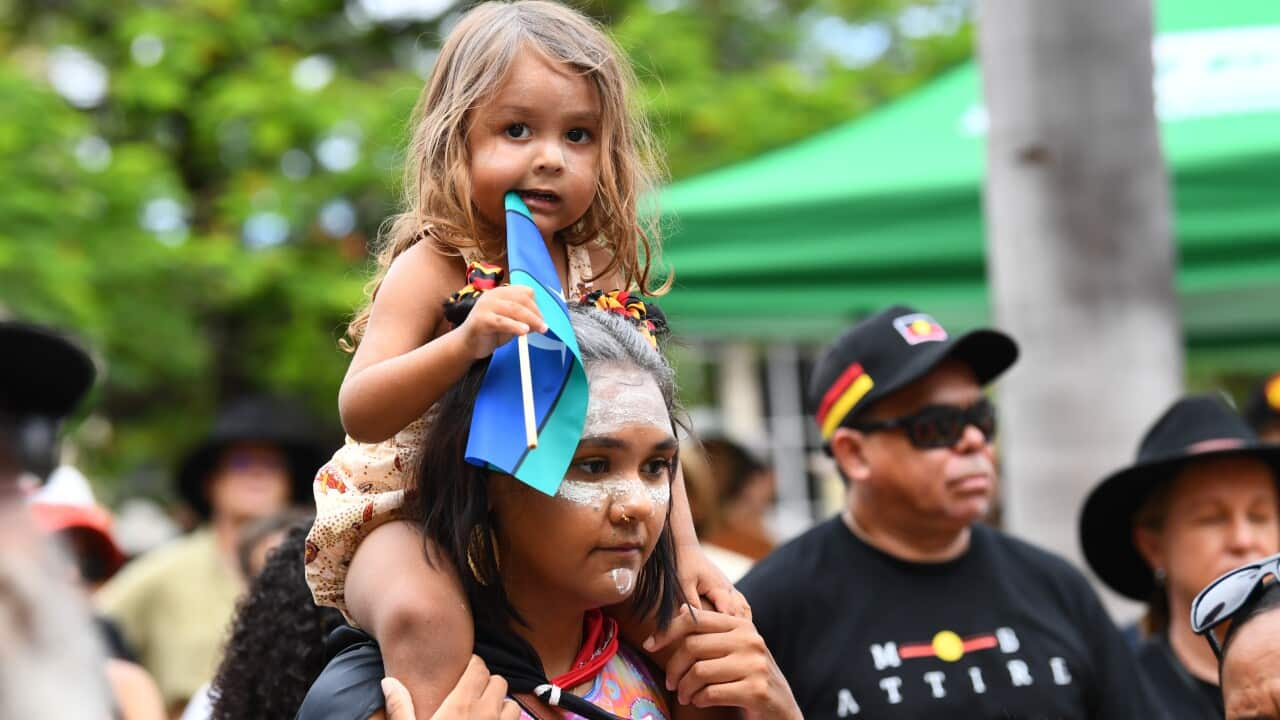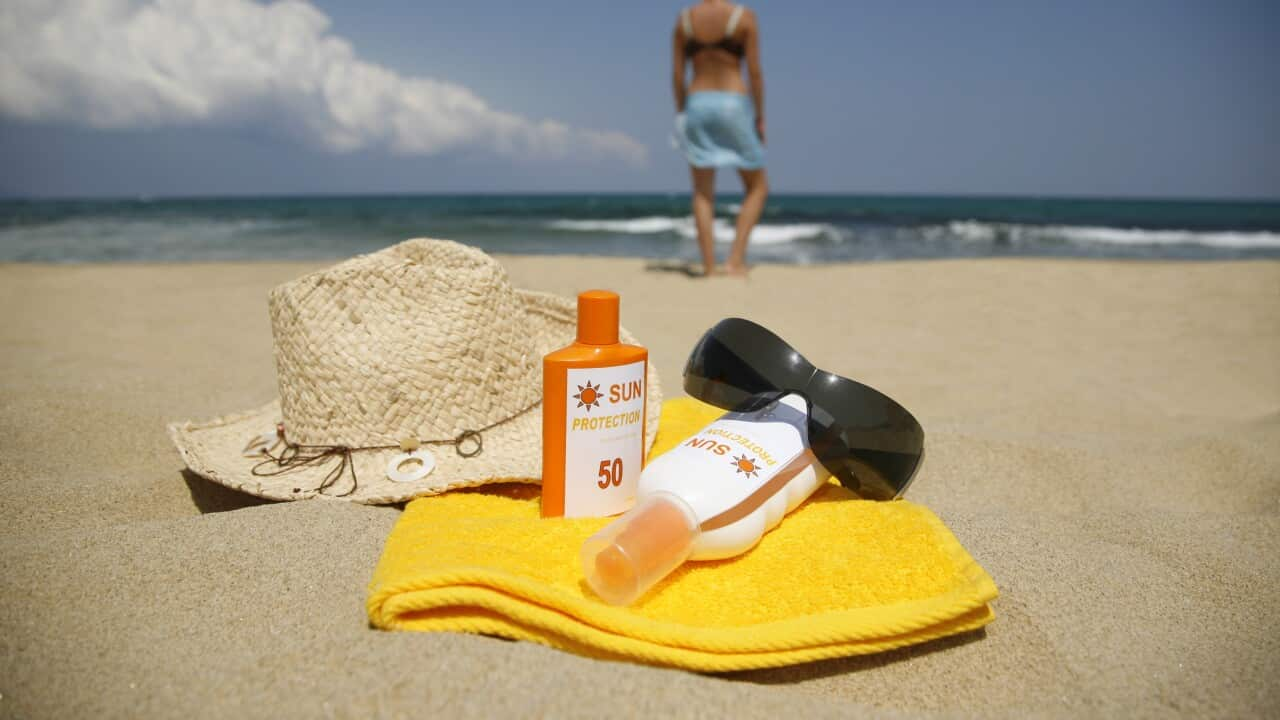Key Points
- Medicare and the Pharmaceutical Benefits Scheme are part of Australia’s subsidised universal healthcare system
- Medicare card holders pay little to no money on many medical services
- If you visit a medical practise that ‘bulk bills’, you will not have to pay anything out of pocket
- Medicare card holders may sometimes need to pay the difference between the full cost of a product or service and the amount the government subsidises
Australian citizens, permanent residents, and refugees can obtain free or low-cost medical care and medicine by enrolling into Medicare, Australia’s universal healthcare system.
Medicare works in tandem with the Pharmaceutical Benefits Scheme (PBS), which subsidises prescription drugs.
The first step to access these schemes is by registering into , through the .
“Once you enroll with Medicare, Services Australia will send you your Medicare card, and you should take that Medicare card with you when you go visit your doctor,” Services Australia Community Information Officer, Justin Bott explains.
“You can use that Medicare card to access reduced prescriptions from your chemist or reduced bills from the doctor, or possibly not paying anything through bulk billing.”
LISTEN TO

How to call an ambulance anywhere in Australia
SBS English
20/12/202209:50
What to do when you are unwell
When you feel ill in Australia, you should visit a General Practitioner (GP) at a clinic or medical centre first, unless it’s an emergency. In that case, you may go straight to a hospital emergency department.
In most scenarios, people who feel unwell or need a medical check-up visit someone like Dr Douglas Hor, a GP who has been practising medicine in the northern suburbs of Sydney for decades.
The GP in Australia can probably handle 80-90 per cent of most conditions the patient comes in to see the doctor for... Whatever comes in through the door, they’ll treat.
"He'll listen to your symptoms and try to ascertain what your problem is, and then what needs to be done for treatment and try to explain it all to the patient. They are the best medico able to treat the patient holistically," Dr. Hor continues.
The GP may then decide to send patients to get further tests or other medical procedures, as required.
The GP may also refer patients to other specialist doctors for further review -including mental health specialists - or send them to a hospital. GPs also provide patients with prescriptions to buy medicine at pharmacies, and recommend vaccinations.
READ MORE FROM THE SETTLEMENT GUIDE

Antenatal care in Australia: what is it and why it’s important?
Bulk-billing and how you can claim your money back
Some medical services may be fully subsidised by Medicare, or only covered in part. This means patients may sometimes need to pay the difference between the full fee or cost of the product or service, and what Medicare funds.
An important feature of the Medicare and GP subsidy system is called bulk billing.
If you visit a medical practise that ‘bulk bills’, you will not have to pay anything at the end of the consultation.
“Depending on which practise you go to, to which doctor you see and in what circumstances, it’s up to the doctor and the practise whether they bill the consultation directly to the government via Medicare, or whether they charge the patient privately. If you go along to a bulk billing doctor, who is happy to forgo a private fee and happy to charge the consultation to Medicare, you don't have to pay any money out of pocket,” Dr Hor says.

Seniors and low-income Australians may access additional discounts. Credit: filadendron/Getty Images
The easiest way to claim that money back from Medicare is in your doctor's office. They can submit the claim to Medicare for you. Medicare will then make the payments into your bank account sometime later. If you can’t, you will need to go to Medicare and you can do that online.Justin Bott, Services Australia
Australian Taxpayers fund Medicare via the income tax system, through the Medicare levy.
The amount contributors pay into the system varies according to their age and personal family circumstances.
Vulnerable, low-income Australian citizens and permanent residents, such as Concession Card Holders and Commonwealth Senior Card Holders, get additional Medicare benefits and PBS discounts.
Mr Bott adds both the Medicare system and the Pharmaceutical Benefits Scheme also feature spending thresholds. Once surpassed, patients’ medical costs are discounted further.
"When you pay enough in medical costs through the year, you reach those thresholds and what you pay gets much cheaper afterwards," he explains.
"If you register as a family, the husband, wife, and the children combined are going to reach those thresholds sooner, and you'll be able to get cheaper medicines or cheaper trips to the doctor faster".
Medicare and private health insurance
Patients can also opt to complement Medicare with private health insurance, to help pay for services and treatments not covered by the public system, such as visits to the dentist, ambulance services, and some vaccinations.
Private health insurance also allows patients to attend private hospitals, which speeds up their access to non-urgent surgeries and other tests.
“Under the public system, you get put onto the public list and you have to wait until you name comes up to the top to get an operation done. The private health insurance allows you to pick your own doctor in a private or public hospital and have the operation done earlier than if you had to wait on the public system,” Dr Hor explains.
LISTEN TO

Here’s what you need to know about buying a private health cover
SBS English
11/10/202107:13
Doctors and medical centres in Australia are also used to examining patients who do not speak English very well.
Dr Hor says he often uses translation mobile phone apps to convey simple concepts. However, for more complex explanations, he relies on the government’s free interpreter service.
“We can actually ring up on the spot. It's a government subsidised interpreter service. They can actually translate for the GP on the spot on the loudspeaker phone and patient talks and the interpreter can understand and translate back to the doctor what the problem is.”

Telephone and online virtual consultations have become more common in Australia since the COVID-19 pandemic. Credit: Phynart Studio/Getty Images
Telehealth and e-scripts
Many patients can also benefit from Telehealth appointments and e-scripts, if they cannot attend the doctor's office in person.
These services are covered by Medicare and the PBS too.
To be eligible for Telehealth, the patient has to be a patient of the doctor in the previous 12 months.
“Telehealth allows the doctor to talk to the patient by either just direct audio or through a video consultation. We're able to treat the patient, because we're now able to do e-scripts which allows us to write a script with a QR code on it, email the script to the patients and they can take it to the pharmacy and be dispensed the script item without even touching the GP,” Dr Hor says.







